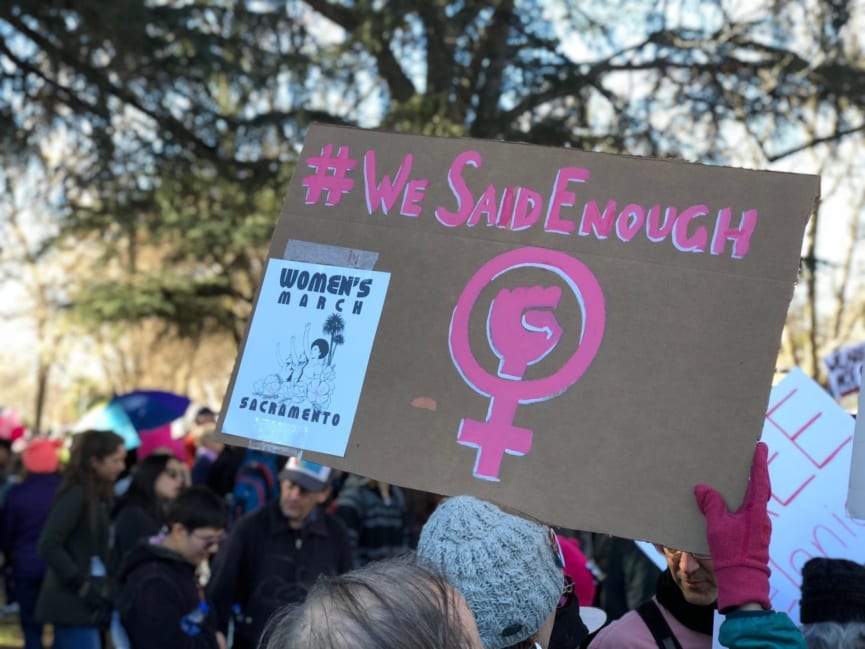Dear Colleagues,
A recent report from TCC Group and the Robert Wood Johnson Foundation, examined how philanthropy support organizations (PSOs) advance community power building, noting that funders are increasingly investing in strategies to build power within communities of color and other traditionally marginalized groups.
There was one glaring omission in the report, however: it failed to include gender justice PSOs, like the Women’s Funding Network, and therefore excluded the stories of your triumphs, learnings, and dedication to building local leadership and influence at the intersection of race and gender.
Unfortunately, the exclusion of gender justice from these types of conversations is something we see often, and seek to address. There is no racial justice without gender justice. That’s why our intersectional feminist approach is so profound. Marginalized genders are represented in each and every demographic, socioeconomic, ethnic and geographic group.
After decades of deep relationship- and trust-building in our communities, women’s foundations and gender justice funders have been able to mobilize in this moment faster and with more effectiveness than any other philanthropic sector.
In June, Women’s Funding Network launched the Response, Recovery and Resilience Collaborative Fund (RRRCF), a multi-million-dollar initiative to support women’s funds and foundations as they adapted to the pandemic while remaining committed to their grantmaking and advocacy for the women and girls most impacted by systemic racism and injustice. Examples of COVID-19 response include Women’s Fund of Greater Birmingham, which created a rapid response fund to support child care centers serving children of essential employees in high-need areas throughout Alabama. The Women’s Foundation of Minnesota deployed $500,000 in emergency grants to organizations serving women and girls experiencing gender-based violence, older women and those who need short-term financial support due to the effects of the pandemic. And the Canadian Women’s Foundation created a $1 million national emergency fund to provide critical support to women and girls through the COVID-19 crisis.
This month, nine of your colleagues are building on their COVID response work with the launch local “hubs” as part of the Women’s Funding Network’s regional Women’s Economic Mobility Hub project, an 18-month effort funded by the Bill & Melinda Gates Foundation to increase support and resources necessary to advance economic mobility among women and girls. The project is being launched at a pivotal time when economic mobility is essential to surviving the financial uncertainties resulting from the COVID-19 crisis.
You’re also deploying game-changing whole-family funding strategies that aim to lift entire families out of generational disparities in employment, education, health, housing and economic mobility. We were thrilled to highlight your efforts in our announcement yesterday of the release of Whole Family Approaches to Economic Mobility: A Funder’s Guide to Supporting Multigenerational Policy and Practice, made possible through a partnership between WFN and Ascend at the Aspen Institute with funding from the W.K. Kellogg Foundation.
Thank you for all you do. Just days away from the U.S. general election, we know your work is helping to mobilize diverse and powerful participation in civic society all over the world.
Thank you for your courage and dedication.
Yours for equity and justice,

Elizabeth Barajas-Román
Women’s Funding Network
President & CEO
